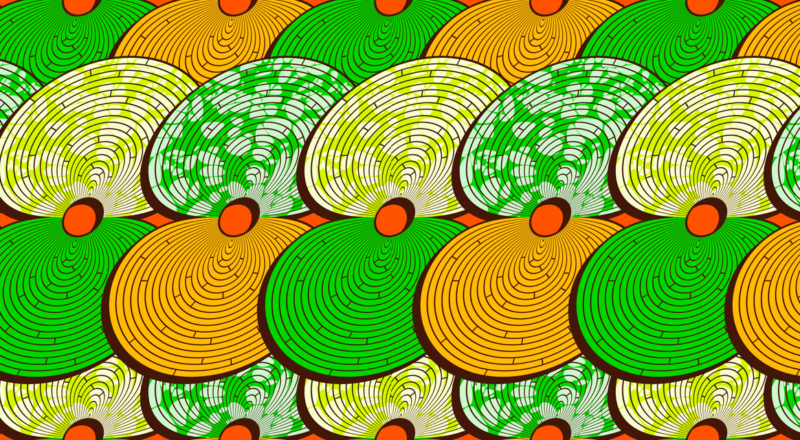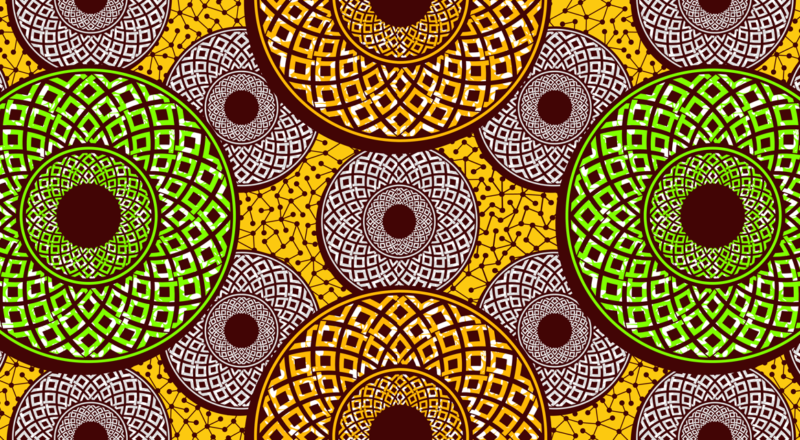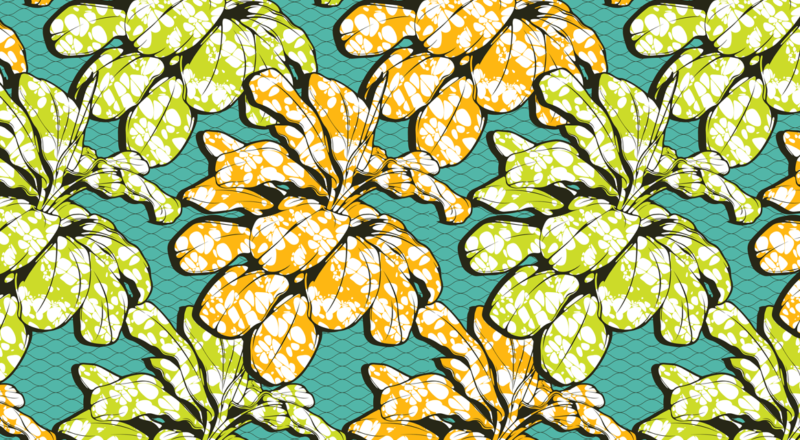A ChiSena prayer to Chauta (God) from southern Malawi. The prayer is led by an elder, with the people responding in chorus.
Chauta we beseech you, we beseech you!
You have refused us rain, we beseech you!…
Oral Poetry from Africa

Filed Under: Poems of Gods & Ancestors
A ChiSena prayer to Chauta (God) from southern Malawi. The prayer is led by an elder, with the people responding in chorus.
Chauta we beseech you, we beseech you!
You have refused us rain, we beseech you!…

Filed Under: Relationship Poems
A ChiSena funeral song from southern Malawi on the theme of equality in death, for rich and poor, black and white.
This path, yes, this path, yes,
think carefully of this path, o‑ye…

Filed Under: Protest & Satirical Poems
The Tumbuka people live in eastern Zambia and northern Malawi, their homeland split by the border drawn by the British in 1890. But forty years before, the Tumbuka had suffered an earlier invasion, by Ngoni people fleeing the rise of the Zulu nation in south-east Africa. After many wanderings, the Ngoni settled in the Tumbuka heartlands, bringing with them a new cattle-based economy, new patterns of settlement and new systems of marriage.
We, today’s orphans,
We, today’s orphans…

Filed Under: Survival Poems
A very old Ngoni poem from Malawi. This was a poem traditionally performed at weddings, but became popularly sung at other occasions such as church meetings. The refrain, ‘the earth does not get fat’, refers to the earth constantly consuming the dead.
The earth does not get fat.
It makes an end of those who wear the head plumes

Filed Under: Relationship Poems
A ChiTumbuka girls’ song from Malawi, containing some amusing satire on western dress.
A man with a hat on, I say no:
How should I know he is bald,

Filed Under: Relationship Poems
A ChiLomwe girls’ song from Malawi, popular as a pounding song (sung by women using mortar and pestle to pound grain to flour). The bell is a bicycle bell.
I heard a bell ngili-ngili at the corner:
I thought it was my boyfriend, the son of Chipo,

This site opens a window on something that will be new to most people, namely, the vast amount of superb poetry hidden away in the 3000 different languages spoken in Africa … More